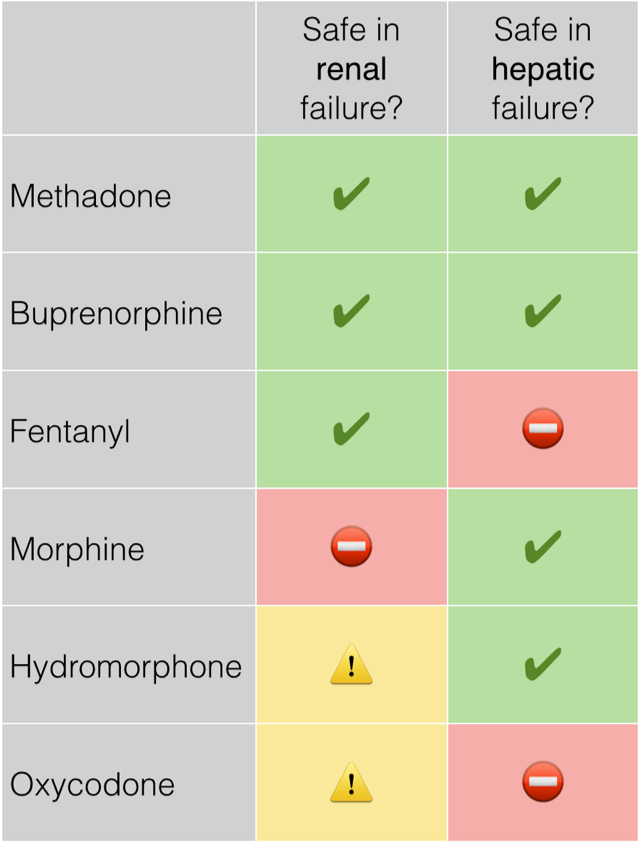Observe George Carlin discussing how euphemisms are invading the English language:
I first heard a version of this years ago, back in Serbia, while I was still a med student. It hadn’t left much of an impression, but I can imagine myself nodding my head and thinking ha ha, yes, stupid Americans, ruining their own language, or something comparably obnoxious.
Well, I’ve, erm, matured since then. True, some euphemisms now inspire rage instead of vague amusement, like my two favorites:
-
“I just wanted to let you know” instead of “I’m telling you”, and its relatives “Please let me know”, and “Thank you for letting me know”. Physicians are particularly fond of this, for we are the gatekeepers of knowledge, and the only reason you know something is because we are letting you. Don’t worry though, it’s not just you, we say that to each other all the time.
-
“I don’t feel comfortable doing xyz” instead of “I don’t want to do xyz”, as mentioned here.
Most of them, though—particularly ones we use with patients—have a good reason to exist. The Radiolab segment which inspired this post made fun of “making someone comfortable” being used for dying ICU patients. Instead of… what, exactly? Euthanasia? There is a difference between giving someone drugs usualy meant for comfort—opioids, primarily—in order to kill them, and giving them opioids for pain and comfort knowing it may shorten their life.
Then there are turns of phrase used because they are euphemisms. “You should get your affairs in order”, “your time is becoming limited”, “at this point we should concentrate on quality of life, not quantity” are all ways of saying “I don’t know when you’ll die, but it will be soon, so start planning the funeral”. I am sure Mr. Carlin would appreciate getting it straight, but not every patient is as stoic. We can easily be more blunt if asked to do so, but you cannot un-hit a patient with a sledgehammer like that. So the default is to err on the side of softness.
Then again, most of the euphemisms we use with patients also make us more comfortable with the sitation. What I wrote above may then just be my rationalizing it away with a convenient it’s-best-for-the-patient mantra. In truth—to use another common phrase—euphemisitis is a multifactorial condition (as in, I have no idea what the reasons are, but it’s probably a little bit of everything).
